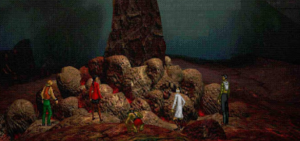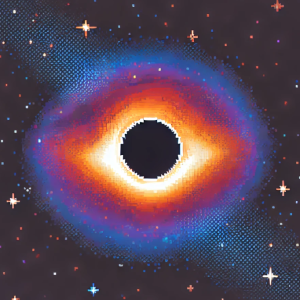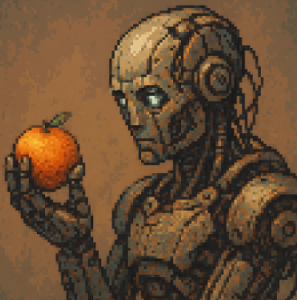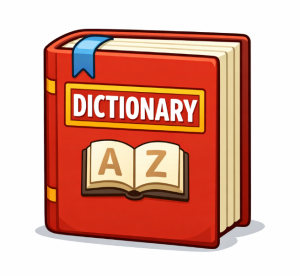
The New Techno-Eschatology: AGI and Secular Religion
Some techies today fear hell—not from a god, but from a computer. Human beings have a habit of wrapping up big unknowns in familiar stories. Even in our high-tech, secular age, the quest to create Artificial General Intelligence (AGI) often comes with a kind of religious or end-of-the-world fervor. Some communities of self-described rationalists speak […]
Read more →




